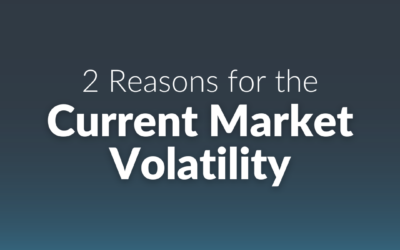Resources
The future you want, the money to do it.
Education is a key component of our planning and investment process. Our resources provide you with an easy way to gain a deeper understanding of your finances, find practical advice about financial planning, and stay up to date with the latest market trends, no matter where you are on your financial journey.
Our Video Resources
The Latest From Our Blog
3 Ways To Navigate Global Geopolitical Events and Stock Market Reactions
In an interconnected world, global geopolitical events have an undeniable impact on financial markets. In fact, members of our Investment Policy Committee identified geopolitical tensions as one of the reasons for the market volatility in mid-April 2024. From...
2 Reasons for the Current Market Volatility
While we ended the first quarter with a fairly robust economic background (which has continued into the first month of Q2), we've also seen some market volatility unfold. Volatility is no cause for concern, especially if you understand the source. Here are two...
U.S. Money Market Assets
Volatility across capital markets is often a sign of cash exiting or entering a specific asset class, which can be defined as exposure to stocks, bonds, commodities, or any other investment that carries a reasonable liquidity profile. Measuring the level of cash that...



